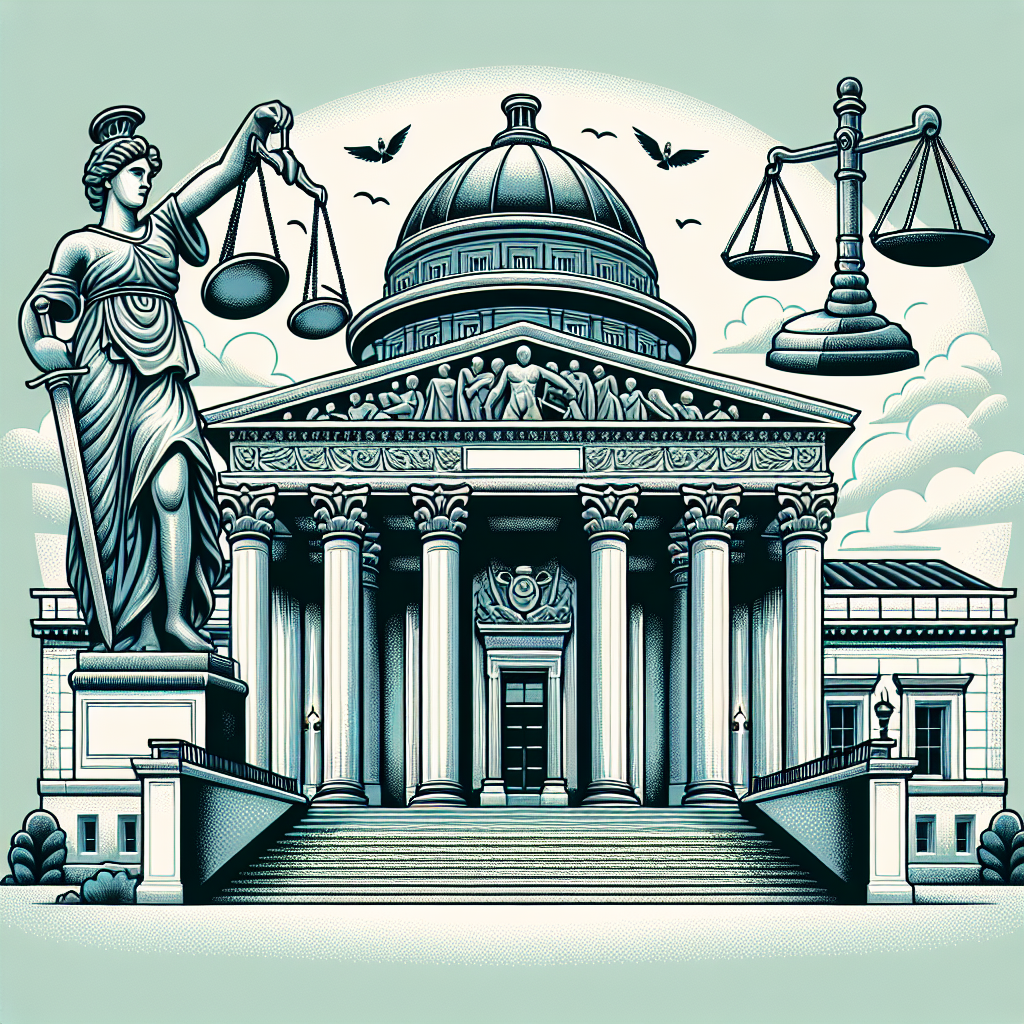Supreme Court Revisits Content Moderation Laws
The U.S. Supreme Court has ordered lower courts to reconsider decisions on Florida and Texas laws aimed at limiting social media platforms' content moderation powers. The laws, opposed by tech groups and the Biden administration, challenge First Amendment protections, with significant implications for platform governance and free speech.

The U.S. Supreme Court on Monday threw out a pair of judicial decisions involving challenges to Republican-backed laws in Florida and Texas designed to restrict the power of social media companies to curb content that the platforms deem objectionable. The justices directed lower appeals courts to reconsider their decisions regarding these 2021 laws authorizing the states to regulate the content-moderation practices of large social media platforms. Tech industry trade groups challenged the two laws under the U.S. Constitution's First Amendment limits on the government's ability to restrict speech.
The ruling came on the final day of the Supreme Court's term that began in October. The laws were challenged by tech industry trade groups NetChoice and the Computer & Communications Industry Association (CCIA), whose members include Facebook parent Meta Platforms , Alphabet's Google, which owns YouTube, as well as TikTok and Snapchat owner Snap.
Lower courts split on the issue, blocking key provisions of Florida's law while upholding the Texas measure. Neither law has gone into effect due to the litigation. At issue was whether the First Amendment protects the editorial discretion of the social media platforms and prohibits governments from forcing companies to publish content against their will. The companies have said that without such discretion - including the ability to block or remove content or users, prioritize certain posts over others or include additional context - their websites would be overrun with spam, bullying, extremism and hate speech.
Many Republicans have argued that social media platforms stifle conservative voices in the guise of content moderation, branding this as censorship. President Joe Biden's administration opposed the Florida and Texas laws, arguing that the content-moderation restrictions violate the First Amendment by forcing platforms to present and promote content they view as objectionable.
Officials from Florida and Texas countered that the content-moderation actions by these companies fall outside the protection of the First Amendment because such conduct is not itself speech. The Texas law would forbid social media companies with at least 50 million monthly active users from acting to "censor" users based on "viewpoint," and allows either users or the Texas attorney general to sue to enforce it.
Florida's law would constrain the ability of large platforms to exclude certain content by prohibiting the censorship or banning of a political candidate or "journalistic enterprise." Another issue presented in the cases was whether the state laws unlawfully burden the free speech rights of social media companies by requiring them to provide users with individualized explanations for certain content-moderation decisions, including the removal of posts from their platforms.
This is not the first time the Supreme Court has addressed free speech rights in the digital age during its current term. The justices on March 15 decided that government officials can sometimes be sued under the First Amendment for blocking critics on social media. In another case, the justices on June 26 declined to impose limits on the way Biden's administration may communicate with social media platforms, rejecting a First Amendment challenge to how U.S. officials encouraged the removal of posts deemed misinformation, including about elections and COVID.
Florida sought to revive its law after the Atlanta-based 11th U.S. Circuit Court of Appeals ruled largely against it. The industry groups appealed a decision by the New Orleans-based 5th U.S. Circuit Court of Appeals upholding the Texas law, which the Supreme Court blocked at an earlier stage of the case. Conservative critics of "Big Tech" companies have cited as an example of what they called censorship the decision by the platform previously called Twitter to suspend then-President Donald Trump shortly after the Jan. 6, 2021, attack on the U.S. Capitol by his supporters, with the company citing "the risk of further incitement of violence."
Trump's account has since been reinstated under Elon Musk, who now owns the company renamed X. Trump is the Republican candidate challenging Biden, a Democrat, in the Nov. 5 U.S. election.
(This story has not been edited by Devdiscourse staff and is auto-generated from a syndicated feed.)










